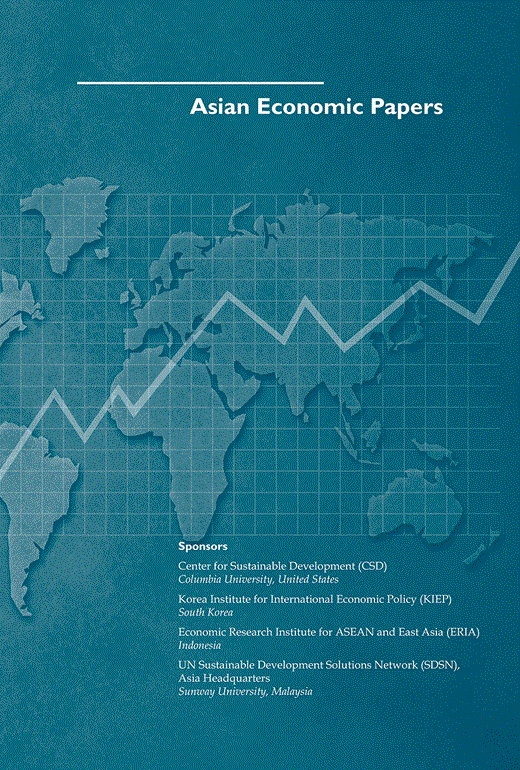Does Corruption Discourage Entrepreneurship?*
IF 5.3
3区 经济学
Q1 ECONOMICS
引用次数: 0
Abstract
Abstract Although entrepreneurship plays a key role in economic development, its precise effect remains largely unknown. This is because it is challenging to objectively measure entrepreneurship and identify its determinants. In this paper, we analyze the effect of a particular feature of the institutional landscape, namely, corruption, on entrepreneurship. It is expected that corruption discourages entrepreneurship because it undermines fair competition. We use two proxies for entrepreneurship that are widely used in the literature: (1) nascent entrepreneurship collected from Global Entrepreneurship Monitor, and (2) entry rate defined as the number of new firms divided by the total number of previous year's registered businesses, collected from World Bank Group Entrepreneurship Survey. We find that better control of corruption promotes entrepreneurship. Our evidence is stronger when we use entry rate as a proxy of entrepreneurship. Our findings are preserved when we add other determinants of entrepreneurship drawn from the literature. When we use legal origins as instruments for corruption, our results remain essentially the same. The size of population, a proxy for market size, is positively associated with entrepreneurship while corporate taxes are negatively associated.腐败阻碍创业吗*
摘要尽管创业在经济发展中发挥着关键作用,但其确切影响在很大程度上仍然未知。这是因为客观衡量创业精神并确定其决定因素具有挑战性。在本文中,我们分析了制度景观的一个特殊特征,即腐败,对创业的影响。人们预计,腐败阻碍了企业家精神,因为它破坏了公平竞争。我们使用了文献中广泛使用的两种创业指标:(1)从《全球创业监测》中收集的新生创业,以及(2)从世界银行集团创业调查中收集的新公司数量除以前一年注册企业总数的进入率。我们发现,更好地控制腐败可以促进企业家精神。当我们使用进入率作为创业的指标时,我们的证据更为有力。当我们添加从文献中提取的其他创业决定因素时,我们的发现得到了保留。当我们利用法律渊源作为腐败的工具时,我们的结果基本上是一样的。人口规模是市场规模的代表,与创业呈正相关,而公司税则与创业负相关。
本文章由计算机程序翻译,如有差异,请以英文原文为准。
求助全文
约1分钟内获得全文
求助全文
来源期刊

Asian Economic Papers
ECONOMICS-
CiteScore
7.50
自引率
0.00%
发文量
16
期刊介绍:
The journal Asian Economic Papers (AEP) is supported by several prominent institutions, including the Center for Sustainable Development at Columbia University in the United States. This shows that there is a strong emphasis on sustainable development within the journal's scope. Additionally, the Korea Institute for International Economic Policy in South Korea, the UN Sustainable Development Solutions Network (SDSN) in Malaysia, and the Economic Research Institute for ASEAN and East Asia in Indonesia also sponsor AEP. The articles published in AEP focus on conducting thorough and rigorous analyses of significant economic issues pertaining to specific Asian economies or the broader Asian region. The aim is to gain a deeper understanding of these issues and provide innovative solutions. By offering creative solutions to economic challenges, AEP contributes to the discourse and policymaking that impact the Asian economies and region as a whole.
 求助内容:
求助内容: 应助结果提醒方式:
应助结果提醒方式:


